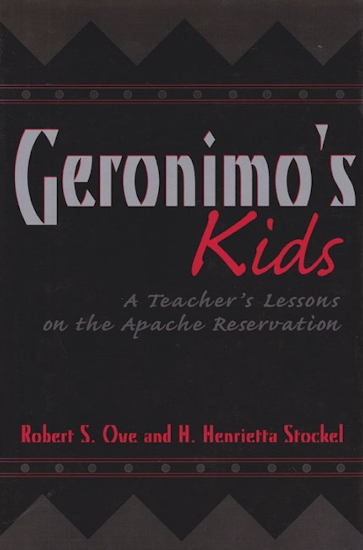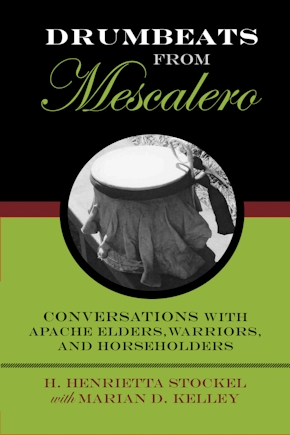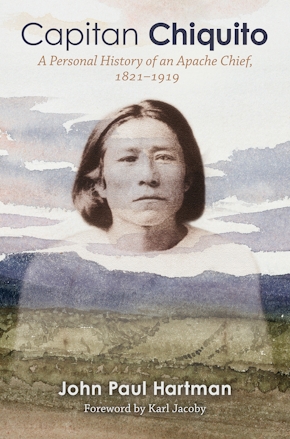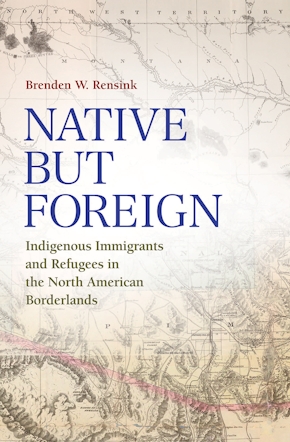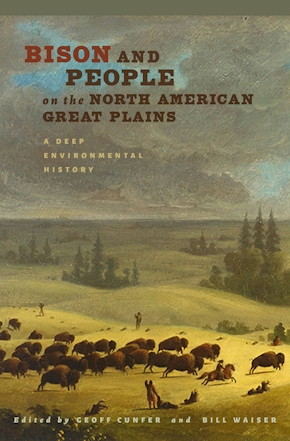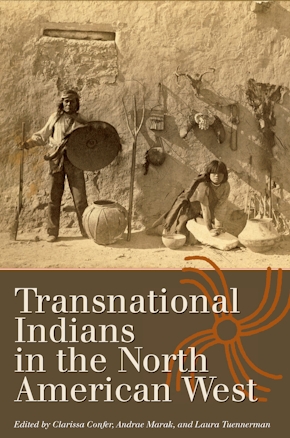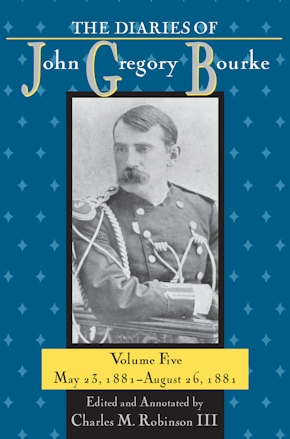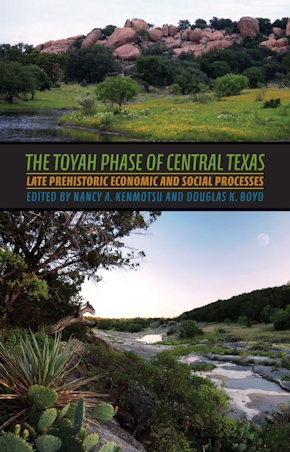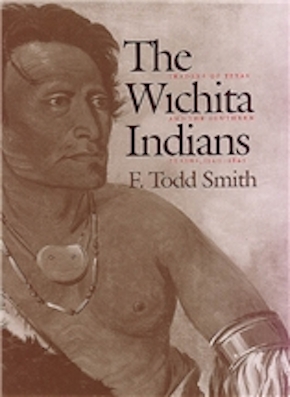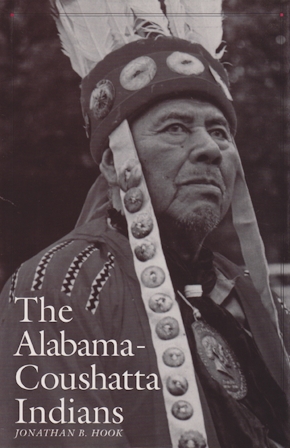"Totally ignorant of what the Chiricahuas had endured and survived, in my one-room classroom at Whitetail I taught Geronimo's kids American history, including the 'fact' that the Indians of the Southwest had to be subdued by every means possible so that the settlers, the miners, the ranchers, the sheep farmers, the adventurers, the missionaries, and everyone else who wanted the Apache homelands could live peacefully on the land. If only I had known . . ."Arriving on the Mescalero Apache Reservation in 1948, Robert Ove, a naive young school teacher, began his first teaching job at Whitetail, ignorant of the culture and history of his Chiricahua students, descendants of the great chief Geronimo. The Chiricahua gradually accepted this well-intentioned outsider into their community and shared parts of their history and culture with him. Living among this reminder of America's past, Ove glimpsed a way of life that few Americans had been allowed to know. He saw Apache mothers still carrying their infants in cradleboards, grandmothers and mothers still sewing traditional beaded buckskin dresses for their daughters' puberty ceremonies, and men still making traditional Apache bows and arrows. Through the stories of the elders, he also learned how this way of life had changed since their capture, as many of the traditional ways of the Chiricahua were altered or lost in the ensuing decades after Geronimo's people surrendered to the U.S. Army in 1886. Decades of incarceration followed—first in Florida, then in Alabama, and finally in Oklahoma. More than half died in hot, humid prison camps because the Chiricahuas had no inborn resistance to the virulent diseases brought to North America by Europeans. Then in 1913, with fewer than three hundred left, the Chiricahuas were released and received land allotments near their last prison site, Fort Sill, or on the Mescalero Apache Reservation where Ove arrived thirty-five years later. In Geronimo's Kids, Robert Ove gives a stirring account of his life from 1948 to 1950 when he taught day school at the community on the reservation. His personal observations as well as past and recent photographs, against Henrietta Stockel's background of historical reference, help to preserve this fragment of history to give insight into those who became his students, neighbors, and friends. Those interested in the fate of Geronimo's people and their story will find Ove's account enlightening and insightful. With Stockel's contributions, scholars will find this book an invaluable resource on daily reservation life in the 1940s.
About the Author
Robert S. Ove, a retired Evangelical Lutheran minister, is a missionary in Nepal.H. Henrietta Stockel, cofounder and former executive director of the Albuquerque Indian Center, is special projects bibliographer for the University of New Mexico Health Services Center Library.
